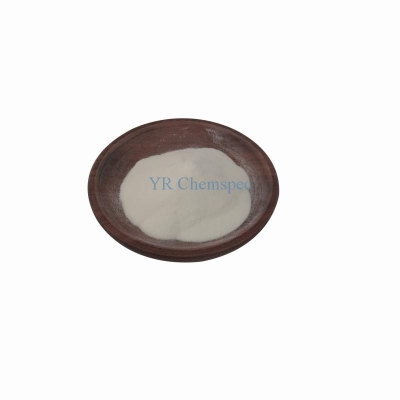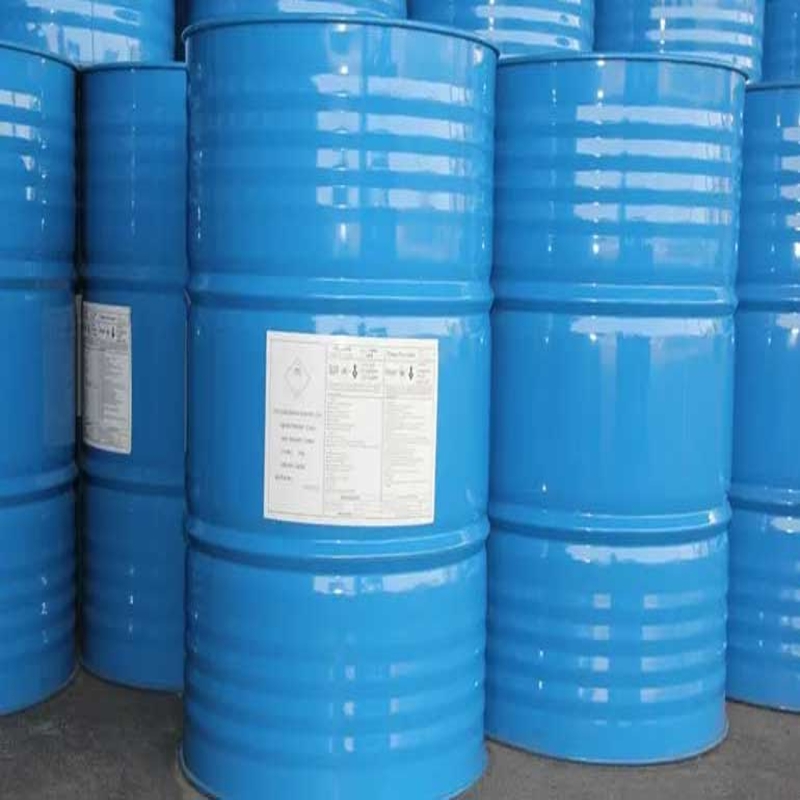-
Categories
-
Pharmaceutical Intermediates
-
Active Pharmaceutical Ingredients
-
Food Additives
- Industrial Coatings
- Agrochemicals
- Dyes and Pigments
- Surfactant
- Flavors and Fragrances
- Chemical Reagents
- Catalyst and Auxiliary
- Natural Products
- Inorganic Chemistry
-
Organic Chemistry
-
Biochemical Engineering
- Analytical Chemistry
-
Cosmetic Ingredient
- Water Treatment Chemical
-
Pharmaceutical Intermediates
Promotion
ECHEMI Mall
Wholesale
Weekly Price
Exhibition
News
-
Trade Service
A few days ago, Japan's Yuasa Corporation and Kansai University have developed a lightweight lithium-sulfur battery with a mass energy density of nearly twice that of existing lithium batteries
.
Lithium-sulfur battery is a kind of battery with sulfur as the positive electrode active material, theoretically the same size, the capacity of lithium-sulfur battery can reach 8 times that of traditional lithium batteries, but there are problems such as
low conductivity and intermediate products soluble in electrolyte.
The newly developed lithium-sulfur battery by the researchers uses microporous carbon particles, which not only improves the conductivity, but also makes the intermediate insoluble in the electrolyte
.
The lithium-sulfur battery developed this time has a capacity of 8 ampere-hours
.
At present, the mass energy density of lithium batteries commonly used in pure electric vehicles is 200~300 watt-hours per kilogram, and the mass energy density of lithium-sulfur batteries developed this time exceeds 370 watt-hours per kilogram
.
The researchers said they hope to increase the mass energy density of lithium-sulfur batteries to 500 watt-hours per kilogram
by 2023.
It is reported that this research is part of an electric aircraft project of Japan's New Energy and Industrial Technology Comprehensive Development Agency, aiming to develop a lightweight and high-capacity battery
that can be installed on electric aircraft.







